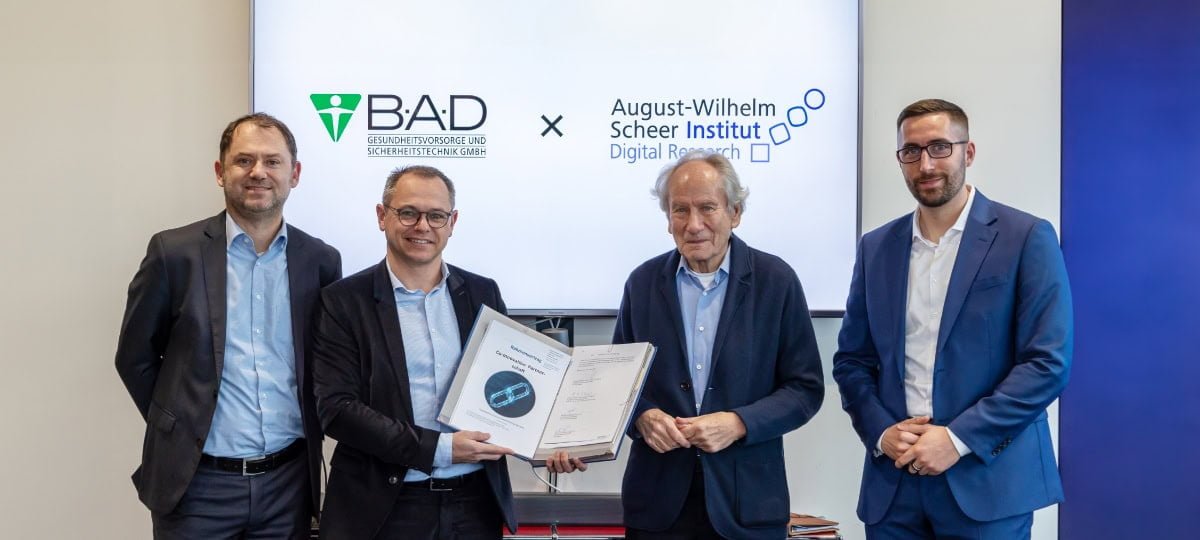Open Core contradicts the spirit of open source


Technologies that go far beyond what proprietary solutions can offer: Nothing less is the great promise of open source. By definition, open source software is free and open - this is diametrically opposed to the foundations of proprietary applications. Therefore, the legitimate question arises: Can open core even live up to the ideals of open source?
A conflict of interest
Closely related to open source, the Open Core model is composed of open source technologies to which companies add proprietary features. From this mixture, they then create a commercial version of the software they control. Vendors market these features as enhancements, especially in the enterprise context, although the reality can be very different. In addition, the open core business model inevitably involves a deep conflict of interest.
Of course, open core vendors also make a meaningful contribution to open source projects on which their solutions are based. They do this out of self-interest alone, since improving the foundation also inevitably strengthens their own product. However, when the interests of the open core vendors diverge from those of the open source community and the contributors to the project in question, the conflict of interest becomes apparent. It often happens that open core vendors exert their influence and steer a project in a rather self-serving direction - sometimes very much to the detriment of the entire user base.
For example, the community of an open source project might plan to introduce features that make an open core vendor's unique selling proposition available free of charge. While these new features are of general benefit to the rest of the community, a vendor of the corresponding open core solution would almost certainly use its influence to oppose this. The conflict between the benefit to the community and their own business interests could not be greater. These circumstances are contrary to the spirit of open source.
Caution in the choice of provider
Companies that become dependent on open core solutions also risk a negative impact on their business. They often need the expertise of external vendors to deal with the complexity of open source software. This reliance is sometimes abused by open-core support teams to push customers to use proprietary solutions rather than free alternatives - even when the result is a suboptimal deployment. In the worst case, the open-core solution's code is not portable, leading to vendor lock-in and technical dependency. Enterprises then have a hard time switching vendors or even gaining control over their own solution.
However, companies should also be cautious about managed services from large cloud providers. They are primarily interested in attracting new users to their platforms. Moreover, they rarely support open source projects to an appropriate extent.
All these problems make it clear that companies are better off relying on pure open source solutions. Managed platforms in particular offer infrastructures with a very wide range of functions without the threat of vendor lock-in. In addition, the community is often willing to actively support new features - a win-win situation for all involved.




